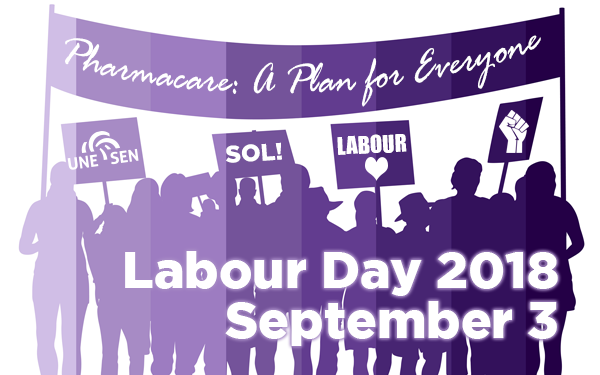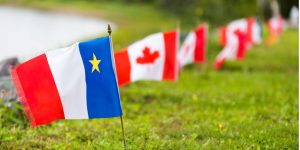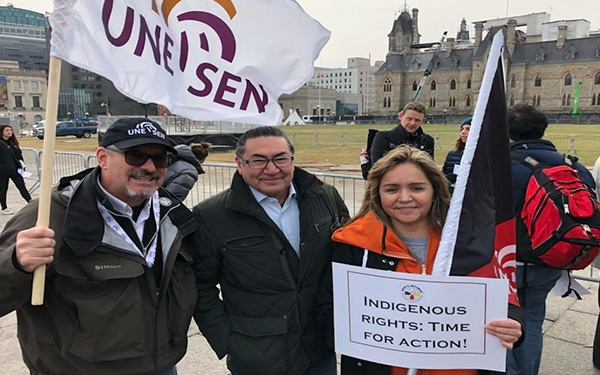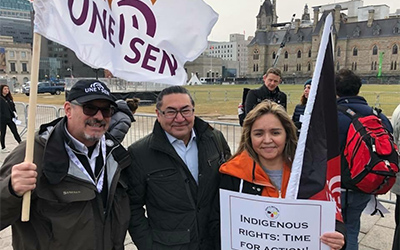Information distributed to all Passport Canada locals
There is a transformation of the Passport program within ESDC/IRCC; a passport client demand reduction anticipated to start in the fall of 2018 as a result of the introduction of the 10 Year passport (back in 2013). It is anticipated that there will be no job loss among indeterminate members and few, if any, term employees will be impacted.
The Citizen Services Branch of ESDC, in collaboration with the Regions, is reviewing the matter, site by site HR projections included in review. The employer will be attempting to identify employment opportunities for impacted indeterminate staff prior to volume shifts, to maximize talent retention, leveraging opportunities across business lines.
According to the employer, the expected work transformation differs by EDSC region (passport Program Operations) with the following employer observations:
- Work Force Adjustment (WFA Risk) is considered minimal for all sites
- Workforce Management Committee informed of Passport HR Strategy
- Transformation Working Group risk managed potential passport volume reductions since 2016, according to the employer
- Integration of employees is underway within the Service Canada Centers, Passport Delivery Operations Centre/and other connected business lines
According to ESDC/IRCC, next steps will be to:
- Monitor Workforce Management plan
- Continue staffing levels until volume dip confirmed by IRCC – expected September of 2018
- Begin alignment of staff to volume correction – approximately 20%, while maintaining staff compliment for winter peak – expected Fall of 2018
- Ensure sustained staffing levels for unpredictable volume spike during a new winter peak
- Financial smoothing for the transition period up to 6 months post “dip”up to a 6 month period between October 2018 and end of fiscal year
- Review and update HR risk scenarios region by region, and site by site on a monthly basis, post “dip”
UNE continues to represent employees of the Passport Program in its current state and intends to represent any impacted employees transferred to other aspects of ESDC/IRCC, as this matter is a constitutional right afforded with the PSAC Constitution.
While this change creates uncertainty, Passport Program members can be confident that UNE is working hard on their behalf to effectively represent them and their interests during this period of transformation.
Respectfully, and in Solidarity,
Kevin A. King
National President
Union of National Employees, PSAC












